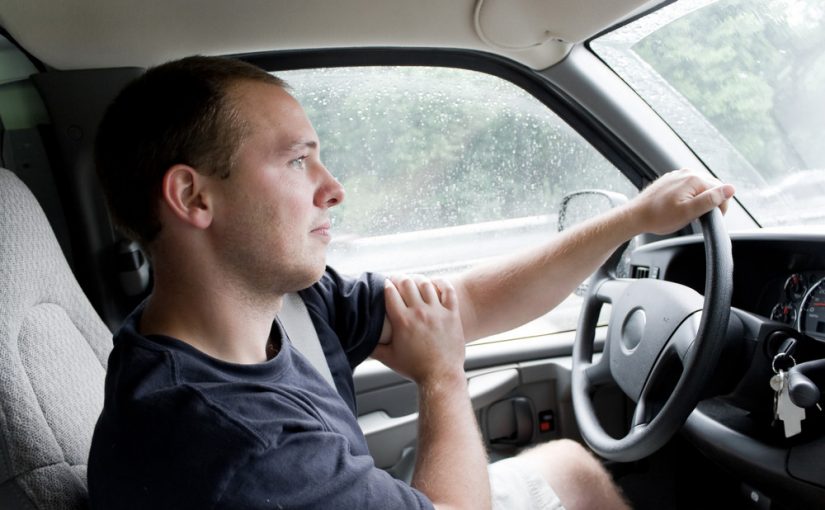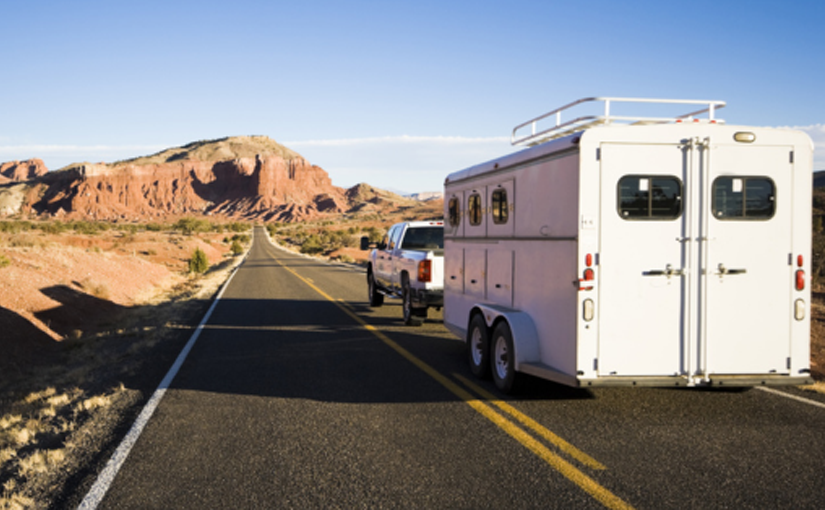
When it comes time to look at new trailer brake controller solutions, you might feel a little bit overwhelmed. If you’re not sure what to look for, then you’ve come to the right place. From looking at reviews of brake controllers to examining your towing habits, here are three tips to help you choose the best brake controller for your trailer system.
Look at Reviews of Brake Controllers
One of the most underrated tools you have for choosing a brake controller is other customer reviews. Reviews are an incredibly helpful tool for you as a consumer. Not only will they give you a well-rounded idea of how each trailer brake controller works, but they may also help expose some issues you may not have known about. It’s also indicative of a brake controller company’s reputation. If you’re seeing a lot of four- and five-star reviews, it’s definitely a good sign. It’s also good to see reviews from repeat customers. Someone who has left multiple reviews on different products is a reliable source.
Determine What You’ll Need to Tow
As with any piece of equipment for your trailer, it’s important to consider how you’ll be using it. The trailer brake system that you choose will ultimately depend on your intent for your trailer. If you’re going to use your trailer solely for heavy-duty towing, then it’s important that you take that into consideration before you choose a brake controller system for your trailer. You might end up going with a more expensive or heavier-duty model if you make heavy use of your trailer on a regular basis. More recreational use may not require a brake system that’s so intense.
Examine How Often You Use Your Trailer
Similar to determining what you’ll be towing, you need to examine how you regularly use your trailer. If you’re only using your trailer for the odd annual camping trip, then you may not need a brake system that’s super intense. Daily towing, on the other hand, may require a brake system that’s designed for heavy use. These trailer brake systems may be more expensive, but they’re well worth the cost if you’re using your trailer daily.
Whether you’re one of the 30 million RV enthusiasts in the nation or you’re using a trailer for work purposes, it’s important to make sure you have the right brake system. Don’t forget to look at reviews of brake controllers.
Hayes Towing Electronics Products are Proudly Made in the U.S.A. and In-Stock!











